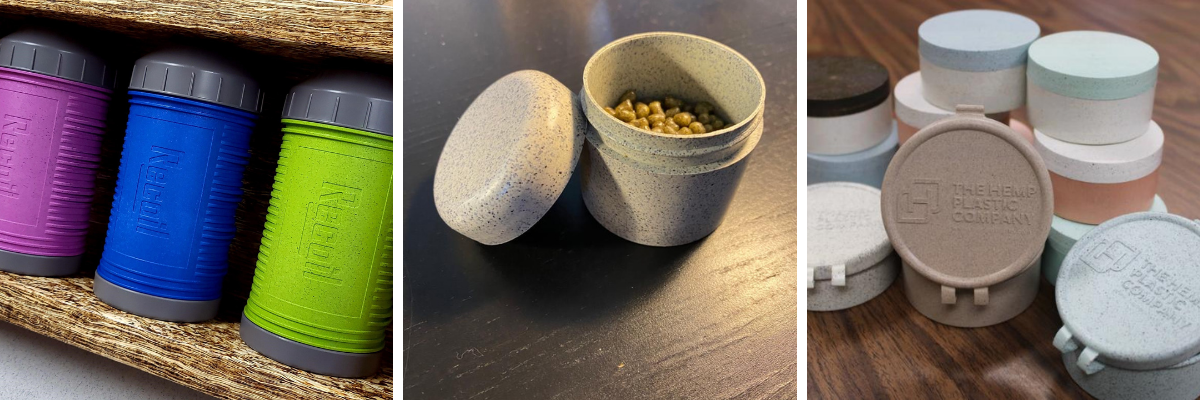It’s impossible to overstate the influence plastic has had on the world since its invention in 1869. The cheaper, safer, lighter and stronger material sparked a revolution in manufacturing that raised our standard of living, advanced medicine, made computers possible and changed nearly every aspect of daily life.
Human innovation was no longer limited to what nature could provide. At the time of its inception, plastic was believed to be good for the environment: synthetic polymers would protect the natural world from exploitation while allowing us to satisfy human needs and desires. Viewed as the savior of wood, stone, tusk and other natural elements being rapidly depleted for manufacturing, plastic was going to save the planet.
This optimism, of course, did not last. When plastic was first noticed in our oceans in the 1960s, an awareness of environmental issues grew once again. Plastic’s reputation continued to fall in the following decades as we learned that its durability also means it lasts forever in the environment.
The plastics industry itself promoted recycling as a solution – a win for material manufacturers, the planet and consumers who didn’t have to stop purchasing the affordable goods they loved. However, recycling never lived up to its promise: the vast majority of plastics today still end up in the environment or landfills. Other initiatives like source reduction and light-weighting have led to a relative curtailment in plastic consumption, but the effect of greenhouse gas emissions and the problem of plastic waste remain crucial concerns.
This leads us to two prevailing questions: How much plastic is too much? And at what point does a serious movement toward alternative materials occur?
Our awareness of plastics today recognizes that they are essential to modern life but must be made more environmentally-friendly if we are to preserve our planet for future generations.

The Hemp Plastic Company’s understanding of this dynamic led us to develop a needle-moving alternative to 100% fossil-fuel-derived resins. With proprietary, patented technology, we provide hemp polymer blends that reduce virgin plastic by 25% to 100%. This leads to an immediate and significant reduction in overall plastic consumption and therefore, greenhouse gas emissions and waste.
Innovations succeed in challenging the status quo only when they are reasonable to implement. Our composites perform in tandem with their traditional base resin counterparts from a molding and performance perspective. Without significant additional capital or operating expenses, our hemp polymers can be slotted into your existing operations, making greener choices possible today for virtually any manufacturer that currently uses plastic.
We are continually developing our products to achieve our long-term goals of large-scale polymerization of hemp into an alternative that eliminates plastic entirely. While we are pursuing that work, we are proud to provide materials today that can be supplied at scale and are capable of rapid expansion while providing extremely meaningful environmental benefits. Please contact us at [email protected] to learn more about the greener pathways we are forging with hemp polymers and how you can be part of creating a more sustainable future.

